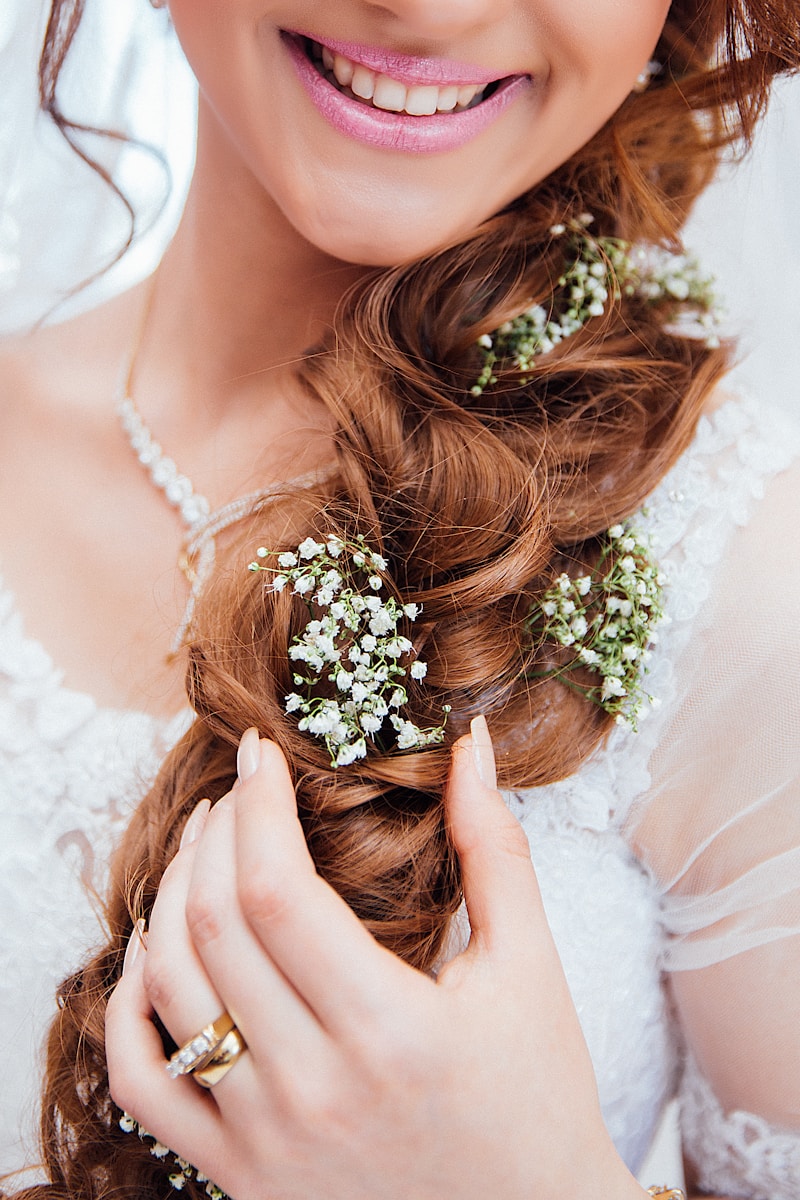The Significance of Fabric Selection in Bridal Wear
The Significance of Fabric Selection in Bridal Wear
Choosing the perfect bridal wear is one of the most significant decisions a bride makes on her special day. Among various factors that contribute to the overall beauty and elegance of a wedding gown, the selection of fabric plays an essential role. In this article, we will delve into the significance of fabric selection in bridal wear, exploring different fabric types, their properties, and how they can affect the overall look and feel of a wedding dress.
Understanding Various Fabrics for Bridal Wear
Before we explore the impact of different fabrics on bridal wear, it is essential to understand the common types of fabrics used in wedding gowns. Each fabric has its own unique characteristics, which can enhance the dress's aesthetic and wearing comfort. Here are some of the most popular fabrics used in bridal wear:
| Fabric | Characteristics | Best For |
| Satin | Luxurious, smooth, and glamorous; drapes well. | A classic choice for formal weddings. |
| Chiffon | Lightweight and ethereal; perfect for flowing designs. | Beach or outdoor weddings. |
| Lace | Delicate and intricate; adds romantic touch. | A vintage or bohemian style wedding. |
| Tulle | Light and fluffy; creates volume and fairy-tale effect. | Ball gowns and playful designs. |
| Organza | Stiff, sheer fabric; provides structure. | Wedding dresses with ruffles or tiered designs. |
| Silk | Soft, luxurious, and breathable; a timeless fabric. | Formal weddings and high-end bridal couture. |
The Impact of Fabric on Fit and Comfort
The choice of fabric not only influences the aesthetics of a wedding gown but also its fit and comfort. For instance, heavier materials like satin can provide structure and an elegant silhouette, while lighter fabrics like chiffon allow for greater movement and a breezy feel. It is crucial for brides to consider the venue and season when selecting a fabric. A heavy satin gown may not be ideal for a summer beach wedding, while a chiffon dress might not provide the warmth needed for a winter ceremony.
Dubai’s Desert Elegance
Brides in Dubai often choose lightweight fabrics like chiffon and tulle, considering the hot desert climate. Silhouettes that allow airflow, combined with stunning embellishments, create the perfect balance between elegance and comfort. 
Color and Texture in Bridal Fabric Selection
Another crucial aspect of fabric selection is color and texture. While traditional white remains a popular choice, many brides are now opting for soft pastels and even bolder shades. When selecting colors, the bride should consider how the fabric's texture interacts with the dye. Some fabrics absorb color differently, leading to contrasts in shade and appearance. For example, silk offers a beautiful sheen that can enhance soft colors, while matte fabrics may give a more understated look.
Choosing the Right Fabric for Your Wedding Theme
The chosen fabric should echo the theme of the wedding. For instance, a rustic wedding might benefit from laces and earthy fabrics such as cotton blends, while a luxurious ballroom event can more adequately showcase satin or silk. Brides should envision their overall wedding look, including flowers, venue decorations, and even the groom's attire when selecting their wedding gown fabric.
Common Fabric Selection Mistakes
One notable mistake many brides make is choosing fabric solely based on its visual appeal without considering functionality and comfort. For instance, if a bride is getting married in a hot climate, selecting a heavy fabric can lead to discomfort throughout the day. Additionally, certain fabrics can be challenging to alter, so it is crucial to choose something that can accommodate the bride’s measurements without sacrificing style.
Factors to Consider When Choosing Fabric
When selecting the right fabric for bridal wear, here are some factors every bride should consider:
- Season: The time of year can heavily influence fabric choice. Lighter fabrics are perfect for summer, while heavier ones can provide warmth during winter.
- Comfort: Ensure the fabric is comfortable against the skin, particularly as the day can be long and tiring.
- Maintenance: Consider how easy it will be to clean and maintain the fabric. Some materials may require special care.
- Budget: Fabrics vary greatly in price, so it’s essential to find something within the wedding budget that doesn’t skimp on quality.
Conclusion: The Importance of Thoughtful Fabric Selection
In conclusion, the right fabric selection is paramount when it comes to bridal wear. It can influence the overall look, comfort, and feel of the wedding dress, impacting the bride's experience on her special day. By understanding the strengths and weaknesses of various fabrics, brides can make informed decisions that align with their wedding theme, season, and personal style. Remember to take time to explore options, try on different materials, and consult with designers. A carefully selected fabric can enhance the beauty and joy of one of the most significant days in a woman’s life.
Whether you prefer the luxurious feel of silk or the flowing movement of chiffon, make sure to choose a fabric that reflects your personality and wedding vision. Happy fabric hunting!
